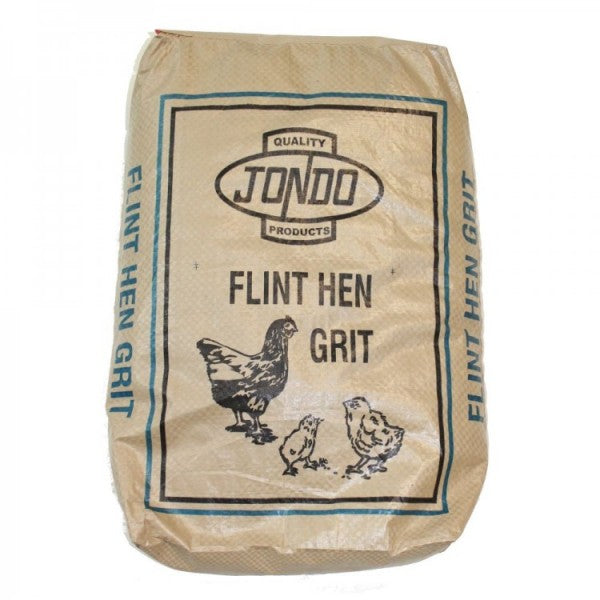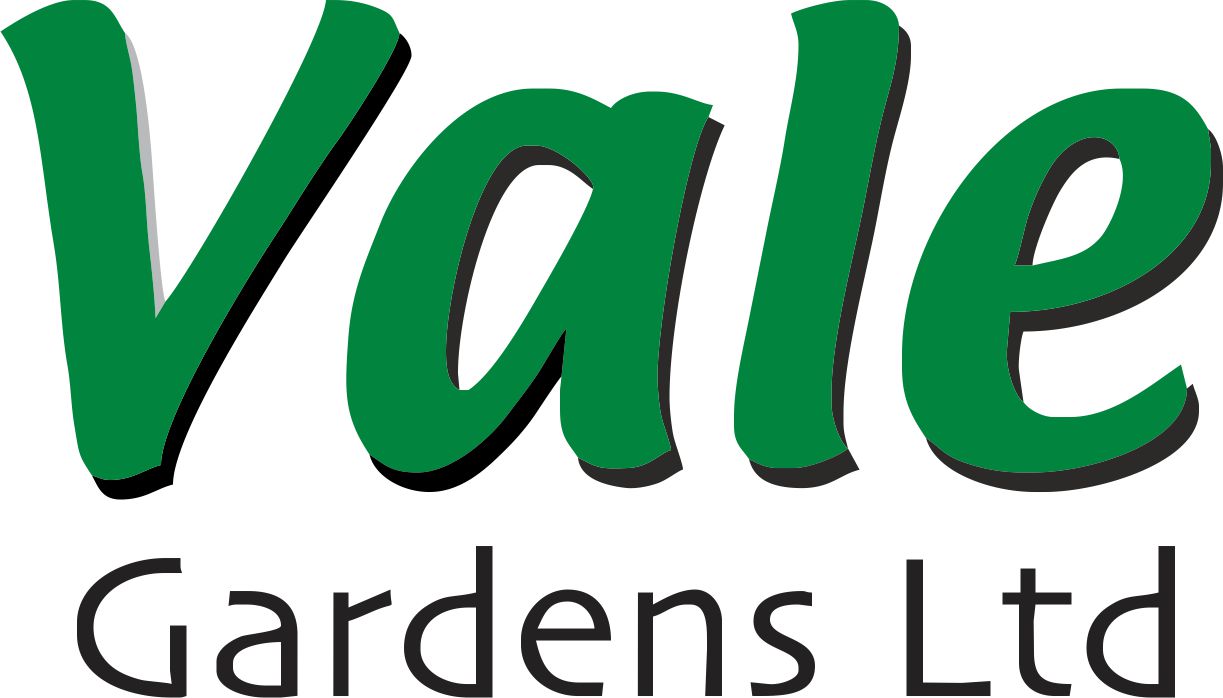Jondo Flint Grit No.4 Hen Size 25Kg
Jondo Flint Grit No.4 Hen Size 25Kg
So why do birds need grit?
Grit is essential for birds to:
- digest their food
- stay strong and healthy
- and produce high quality eggs
There are two distinct types of grit:
- Insoluble - such as flints, are taken into the gizzard by the bird and used to grind down the food with a strong muscular action.
- Soluble - such as Oyster shell are a source of calcium which is vital for the production of strong shells. It is digested by the bird to ensure it has sufficient levels of calcium within its body to produce high quality, strong-shelled eggs.
Remember - All laying hens need a constant source of both types of grit.
Why is Calcium vital for laying hens?
Around 90% of an eggshell is made of calcium and when you consider the number of eggs that a single hen produces in her lifetime, it is easy to see how important a constant source of calcium is for her. If there isn’t a sufficient supply of calcium then the hen will start to use the supply in her bones which leads to a weakened skeleton and subsequent disease.
Calcium is important for so many things other than strong-shelled eggs:
- Helps to maintain a healthy nervous system
- Helps control the heart rate of the hen
- Activates enzymes to ensure a healthy digestive system
- Supports muscle function, including egg laying
- Supports the absorption and use of phosphorous for strong bones and balanced pH level
- Helps to create a healthy reproductive system
Signs of Calcium Deficiency
Weak, thin-shelled eggs or just a membrane (shell-less) are strong indicators that the hen is lacking an adequate source of calcium. Low egg production, irregular laying patterns, hens eating their own eggs, poor weight gain and issues with bone growth such as deformities and weakened skeletons, feather loss and subsequent reproductive problems are all possible indicators that there is an insufficient source of calcium for the birds.
Soluble Grit as a Calcium Source
One of the best sources of soluble grit is Crushed Oyster shells. Because of the structure and size of the pieces of shell, they stay in the gizzard for longer and are slowly dissolved creating a steady source of calcium which has a gradual availability because it stays in the bloodstream for longer, particularly at night when shell formation usually occurs.
We supply Oyta Oystergritmix which dissolves 5 to 10 times slower than other sources of calcium such as limestone and this gradual availability results in higher levels of calcium, leading to stronger, smoother egg shells with lower chances of egg binding and healthier birds in general.
We are the sole importers of Oyta Oystergritmix from Dutch company van der Endt-Louwerse with whom we have traded since 1998. They are specialists in shells having been harvesting them from the sea-bed for the last 100 years.
Oyta Oystergritmix consists of Oyster shells and Seashells harvested from the sea, washed, dried, heat-treated, crushed, graded and packaged. It is available in 3 sizes:
- Oyta 0 Oystergritmix 1-2.5mm, Fine
- Oyta 1 Oystergritmix 2-5mm, Growers/Pigeon
- Oyta 2 Oystergritmix 4-7mm, Hen
Why do Birds need Insoluble Grit?
Since birds do not have teeth that can break down their food, they need something to grind it into more manageable pieces. Insoluble grit is ingested by the bird where it passes into the gizzard. Here it is used with a strong muscular action to grind the food so that it can be digested. Insoluble grit, such as Flint grit, is needed alongside Soluble Grit: one to grind the food and the other to supply the bird with calcium.
We supply several sizes of Ostrea Flint Grit:
- Flint Grit No.1 Chick size
- Flint Grit No.3 Growers’ size
- Flint Grit No. 4 Hen size
Share

-

Click and Collect
-

In Store SQP Animal Health Team
-

Free local delivery
-

Delivery across the UK





